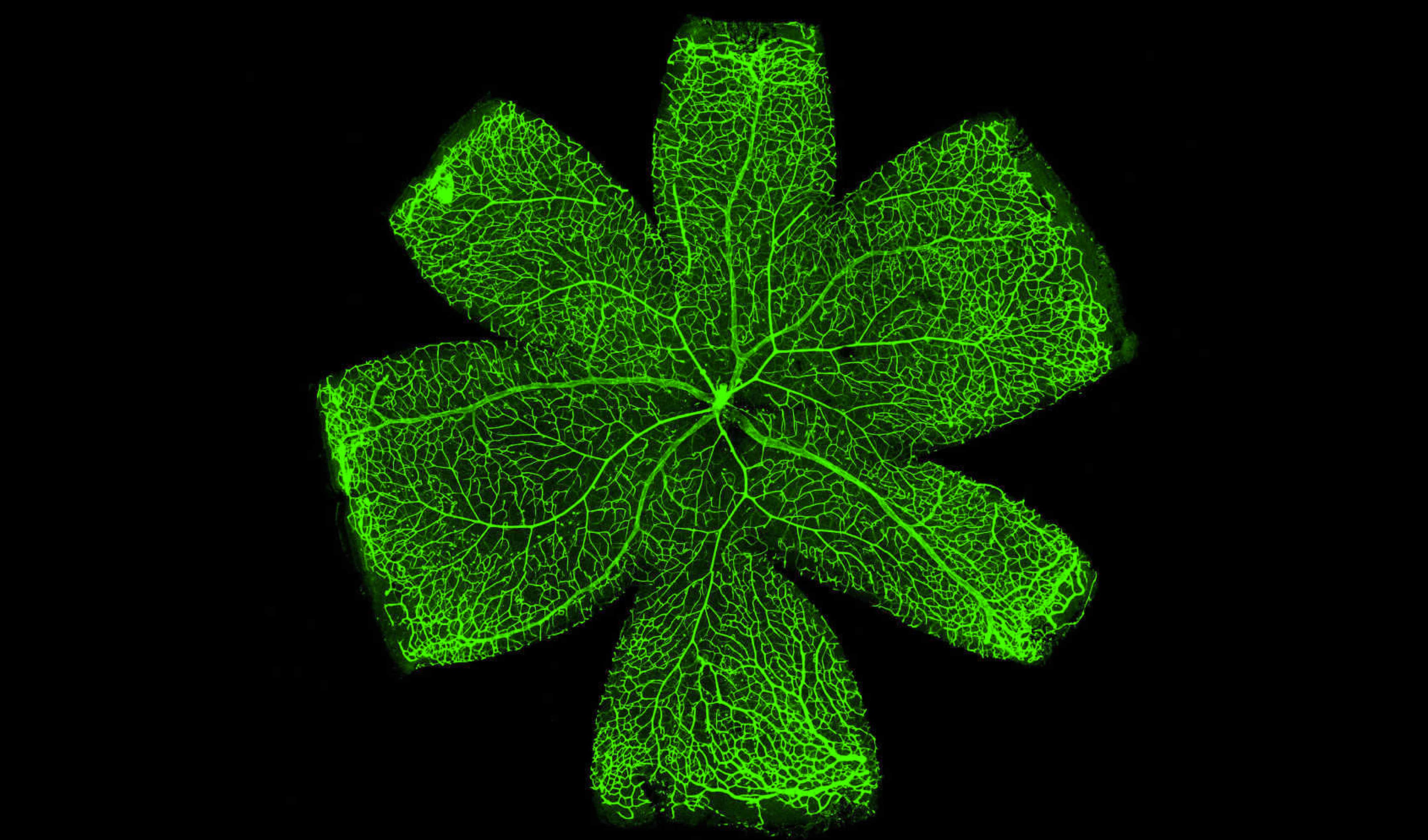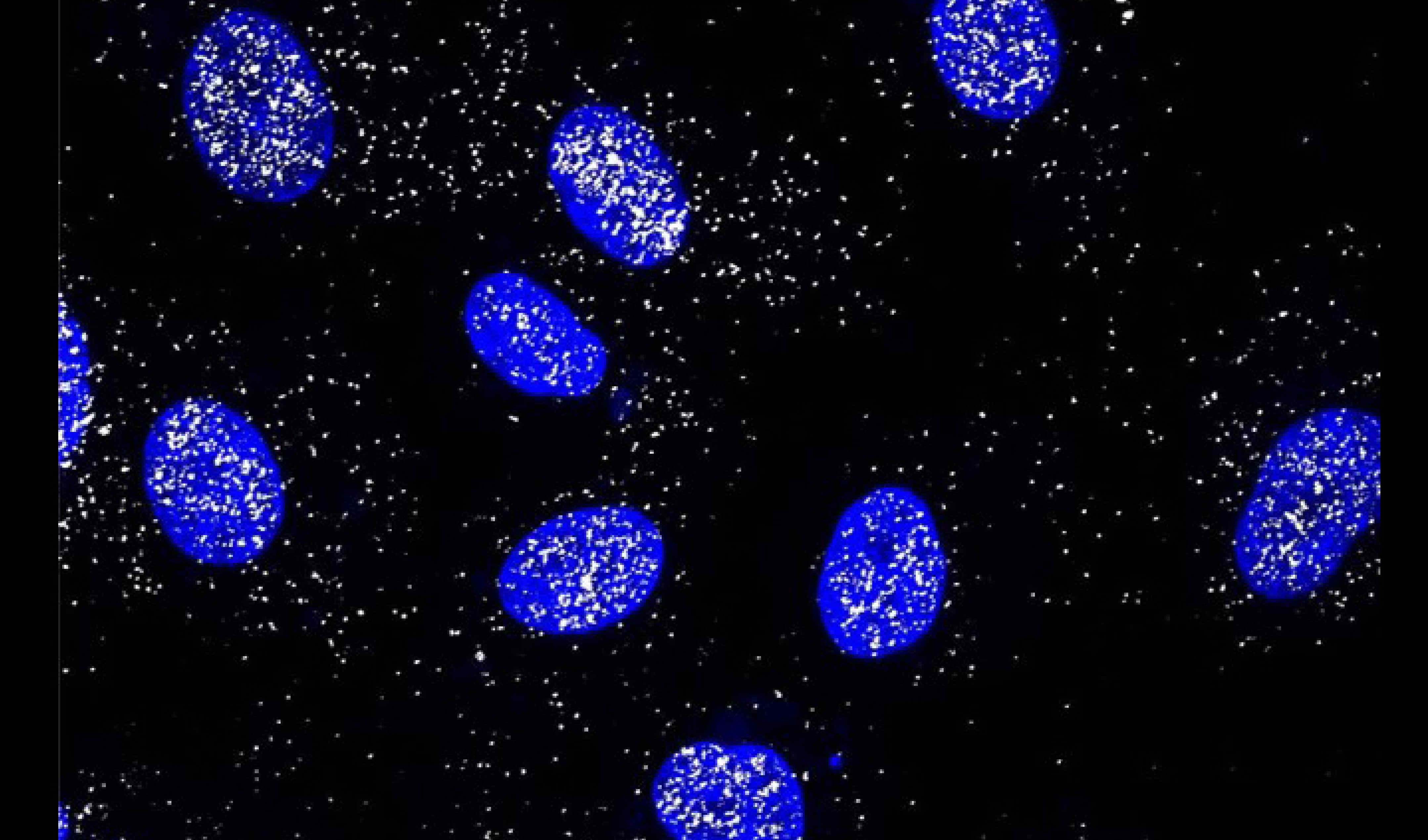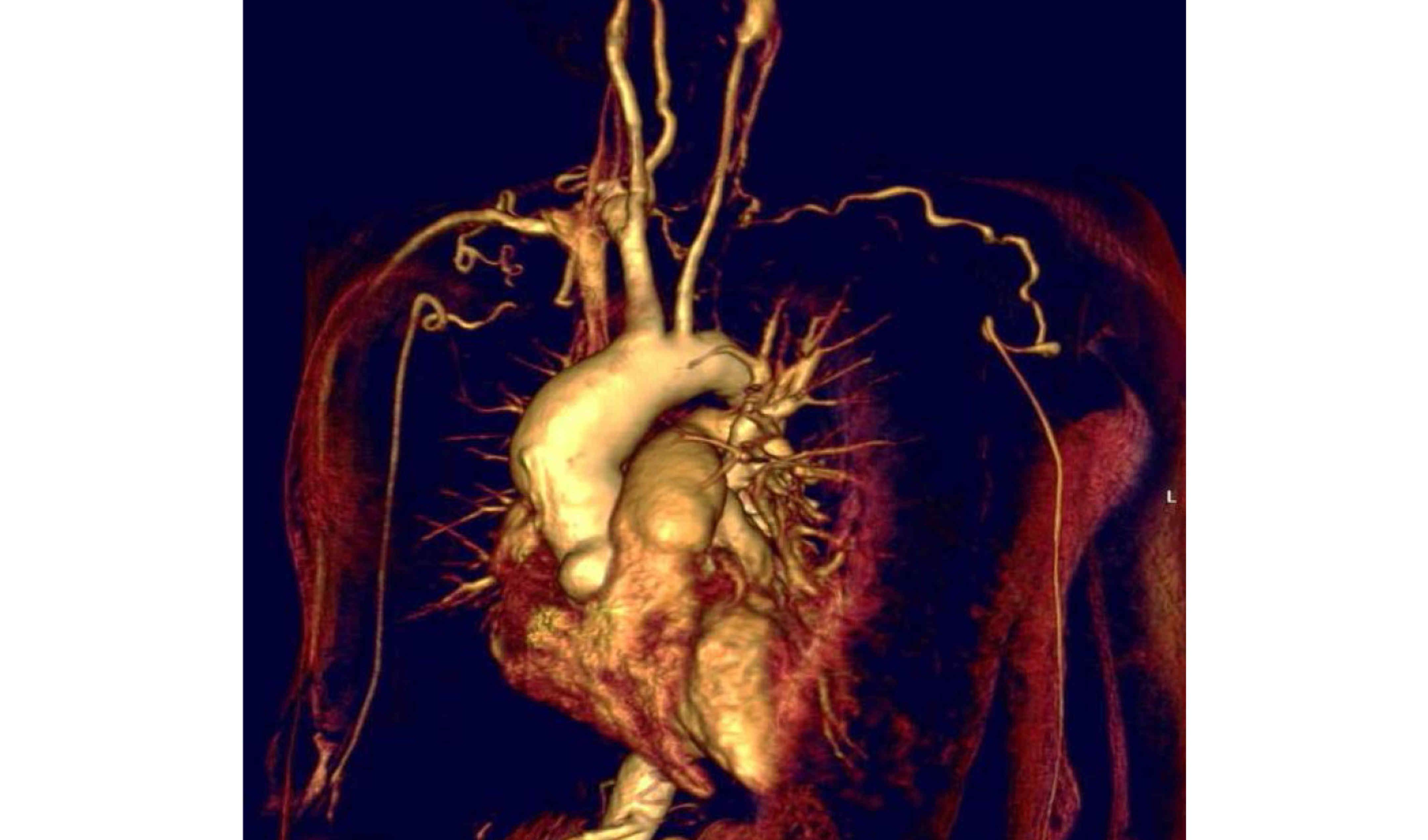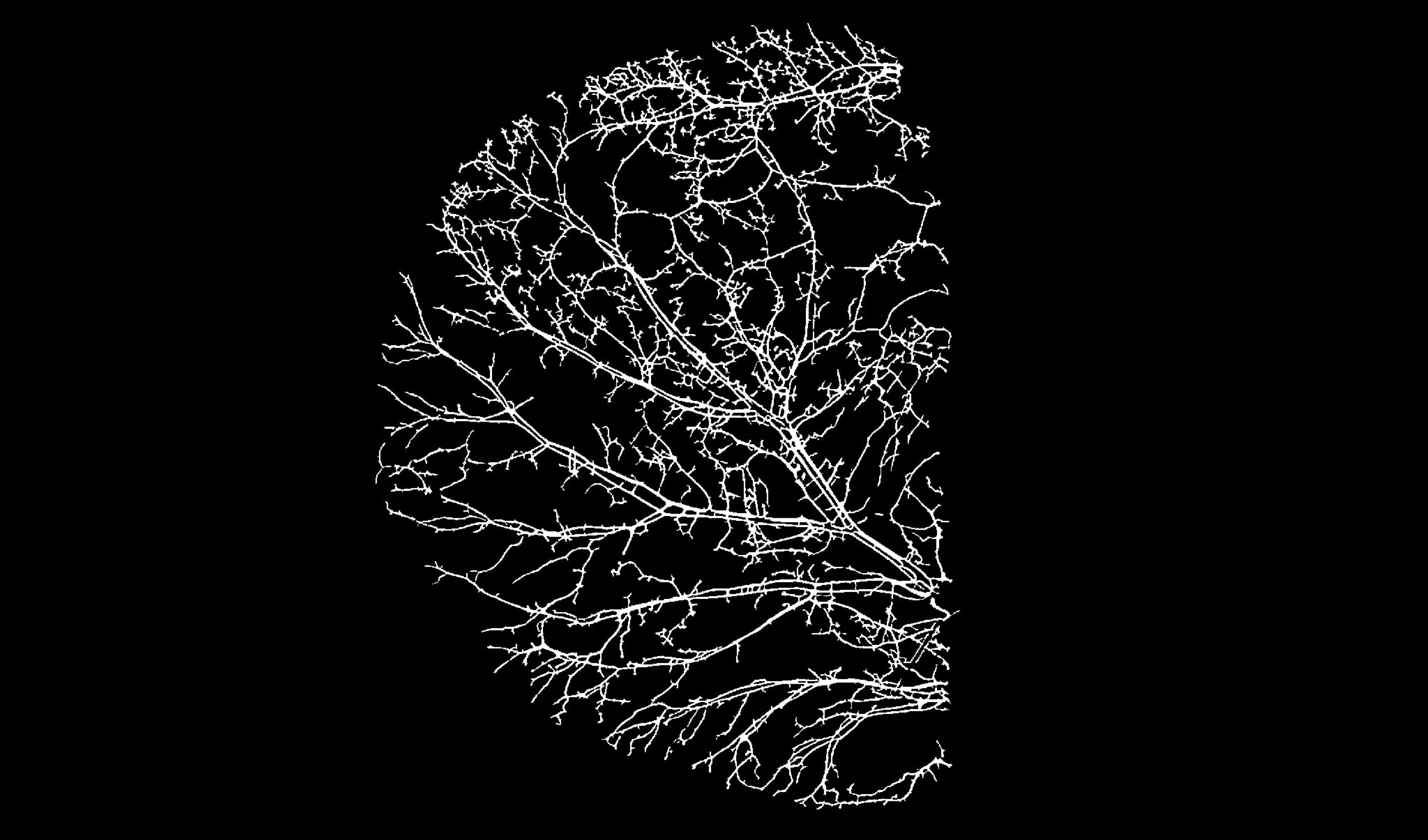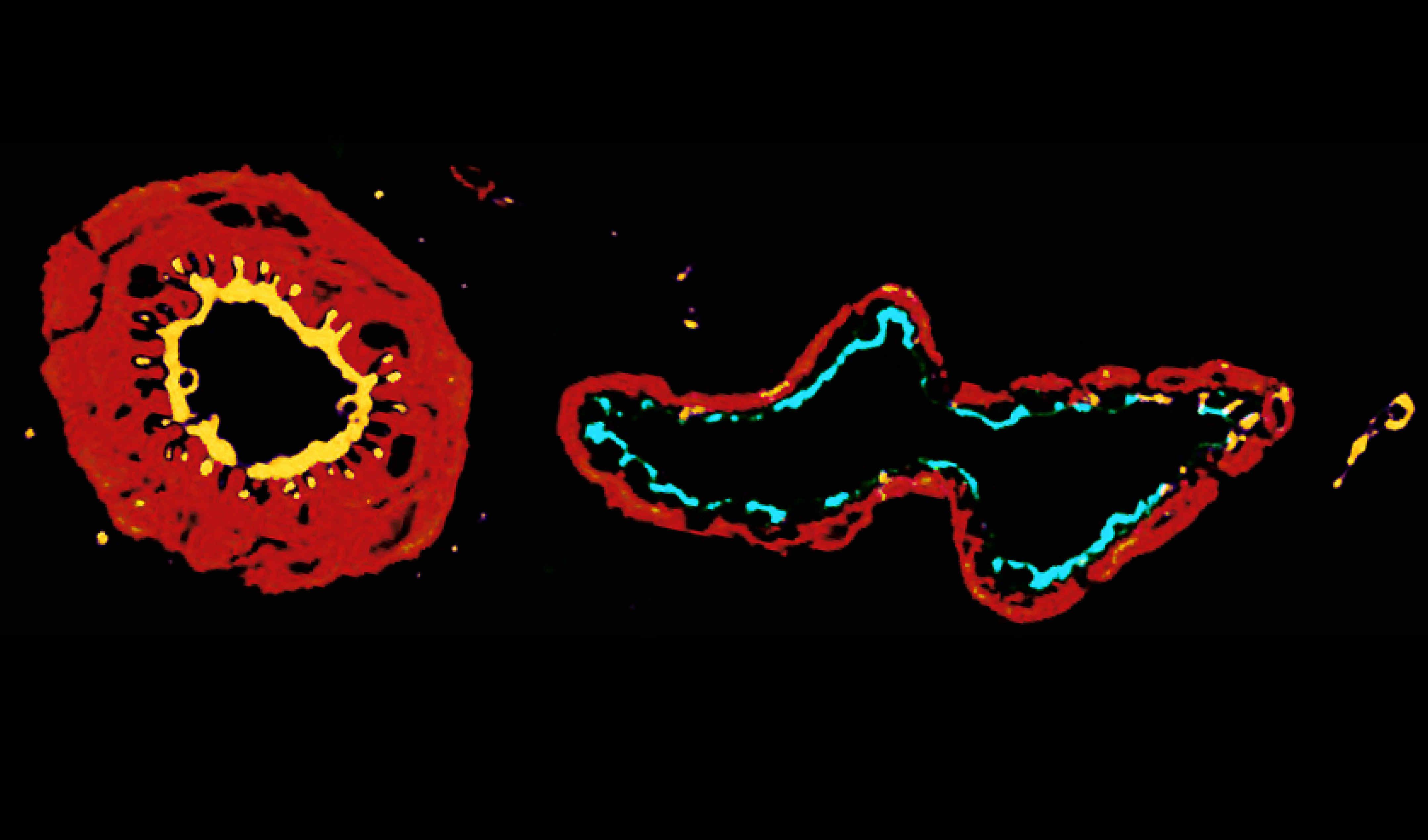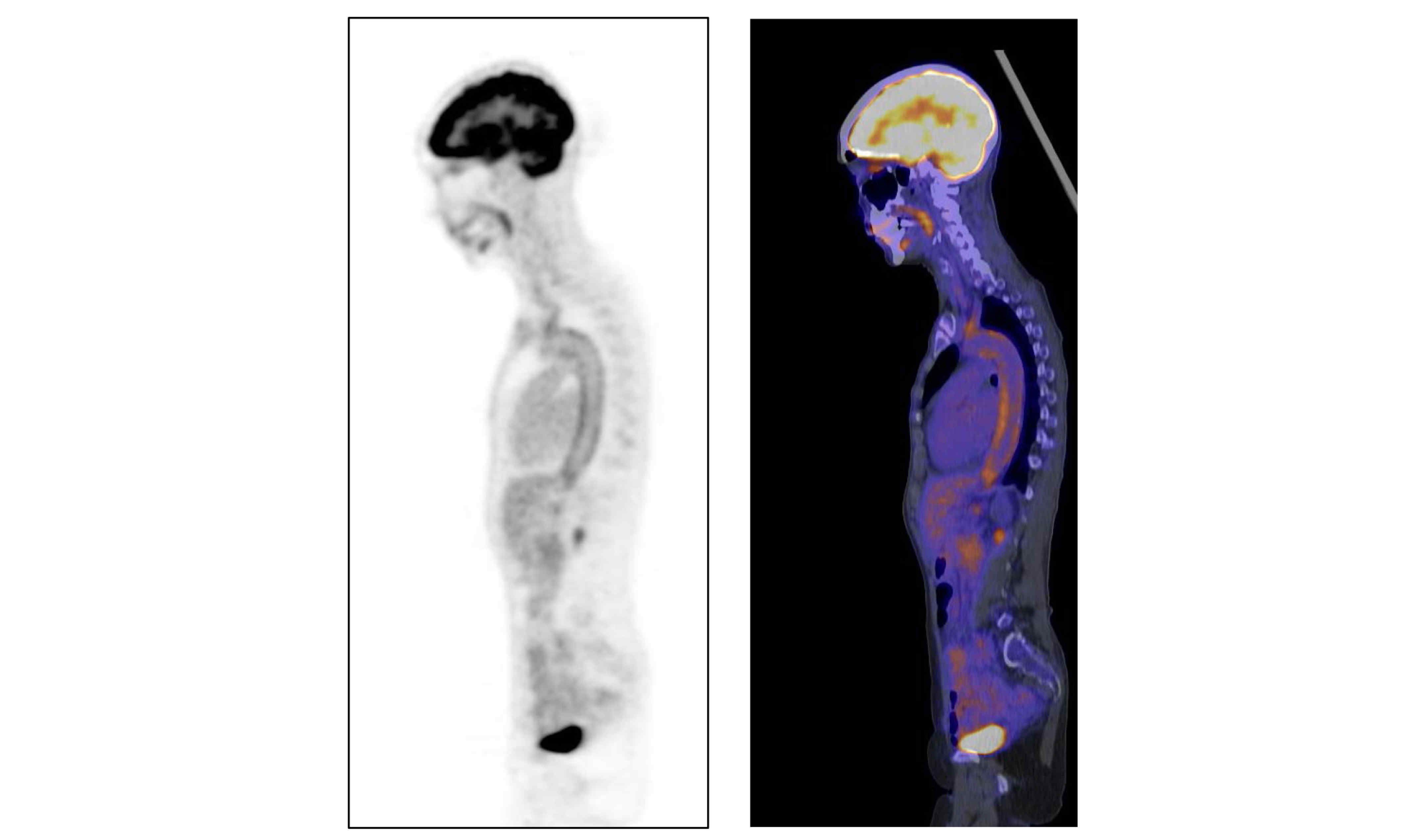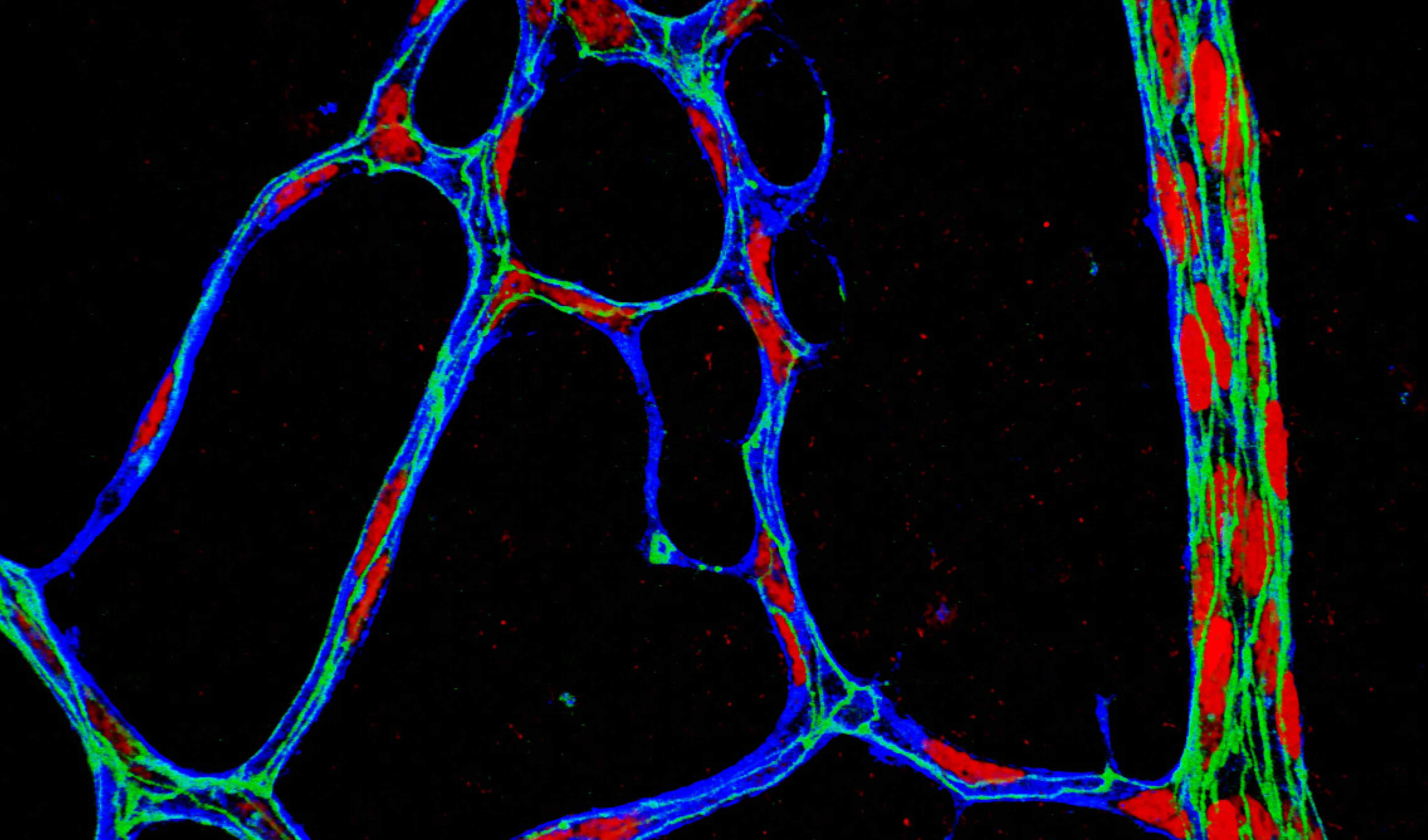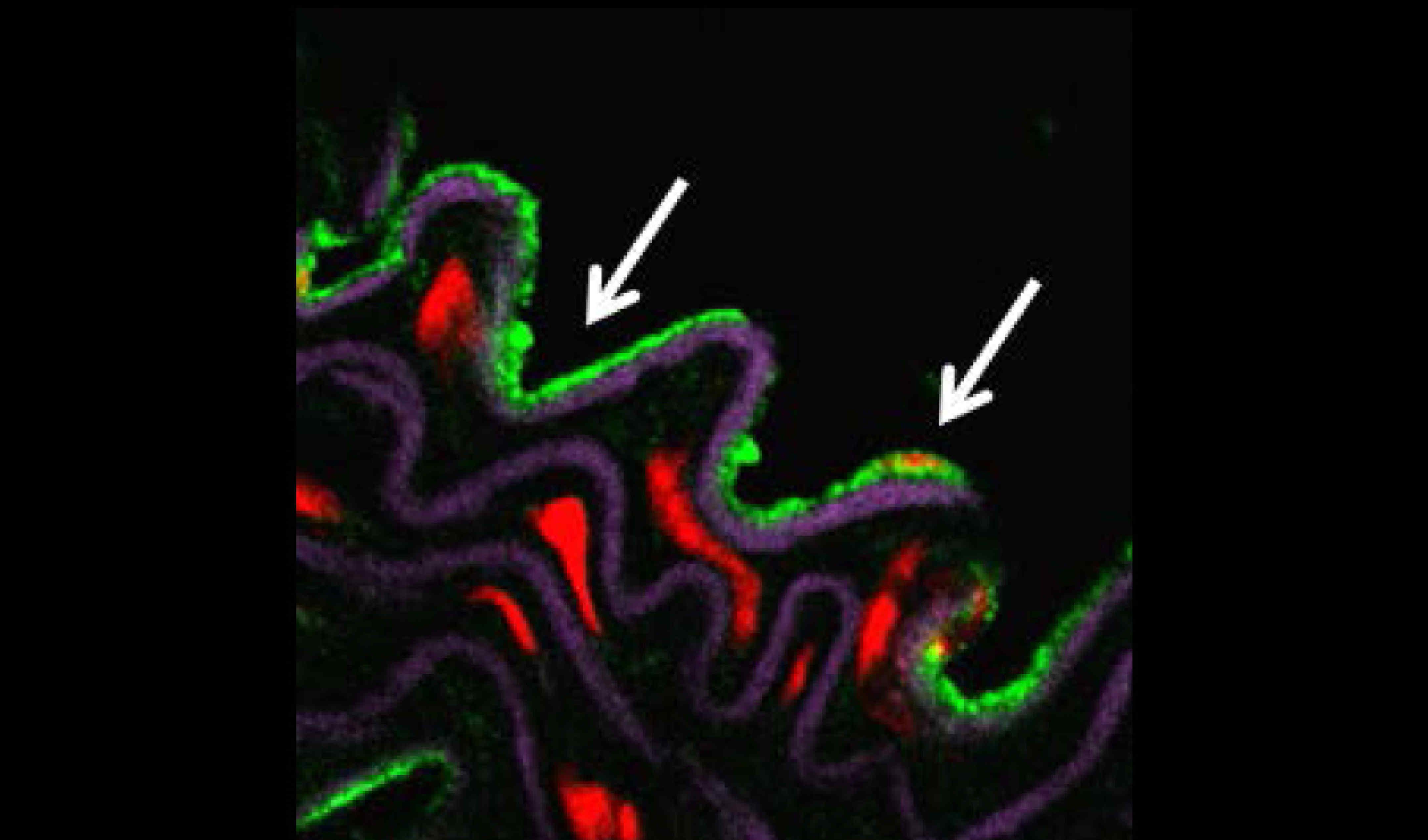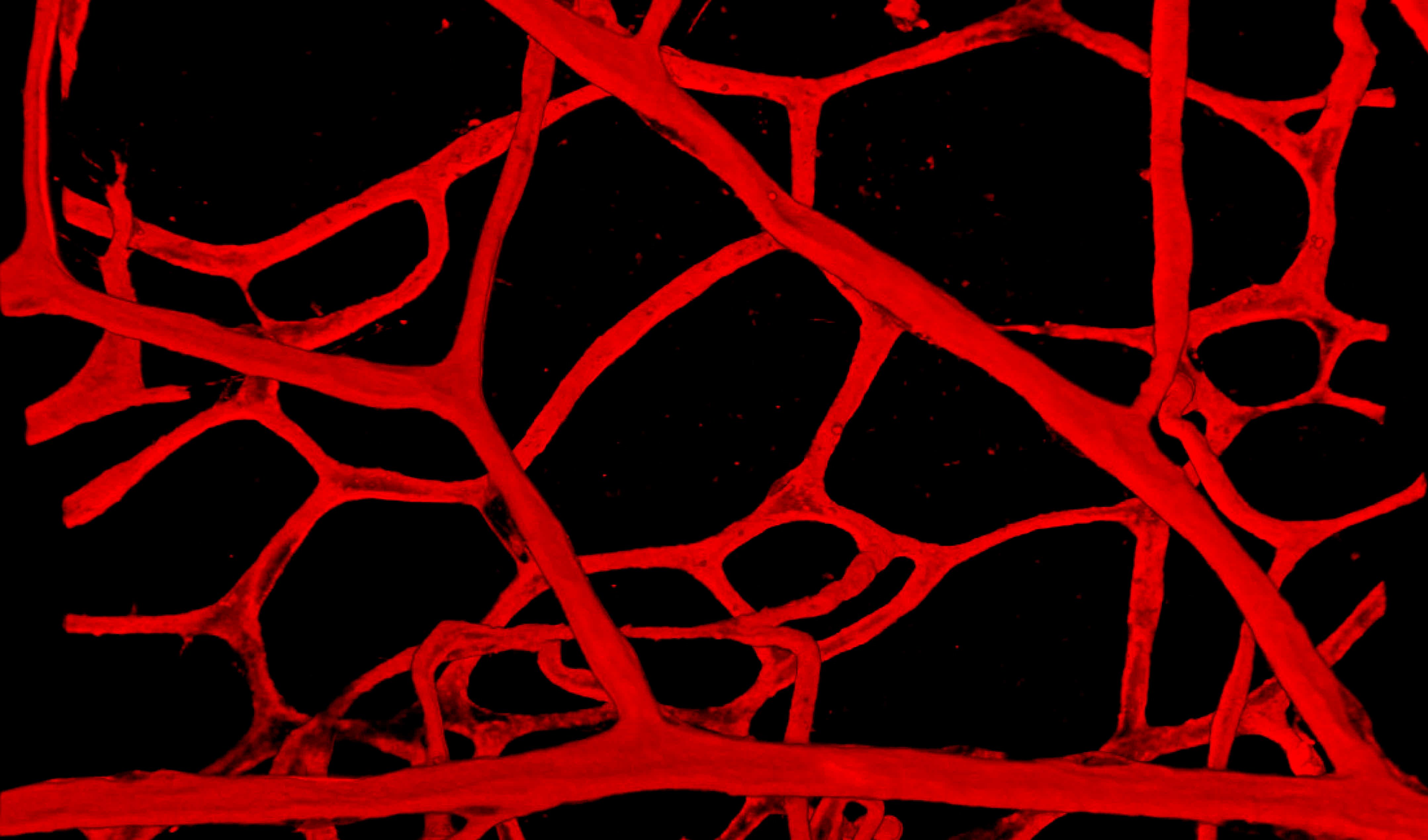What we do
Blood vessels regulate essential functions of the body, such as inflammation and coagulation. In the Vascular Science Section we study multiple aspects of vascular biology, to understand the mechanisms that protect us from diseases and control the formation of new blood vessels. We also study vascular diseases, in particular atherosclerosis, large vessel vasculitis and pulmonary hypertension. We generate new tools to image the diseases of blood vessels, including coronary vesseles and search for new circulating biomarkers of atherosclerosis. Research in the section spans from basic molecular biology (focusing on transcriptional, post-transcriptional and epigenetic pathways), cell signalling and pharmacolgy in endothelial cells, platelets and monocyte/macrophages, to in vitro and in vivo models of vascular diseases and translational studies using imaging and circulating endothelial progenitors. The ultimate aim is understanding the key pathways that control vascular health and those that drive disease, to identify novel molecular targets for molecular imaging and therapeutic intervention and novel biomarkers of disease.
Our main research aims are to:
- identify endothelial molecular pathways that protect from inflammation and thrombosis and are dysfunctional in disease
- identify the transcriptional and epigenetic mechanisms that control endothelial lineage identity and define endothelial progenitors, for regenerative medicine applications.
- investigate the role of macrophages in atherosclerosis and its complications, focusing on their transcriptional and post-transcriptional regulation.
- investigate the influence of the shear stress exerted by blood flow on vascular homeostasis, endothelial function and atherogenesis.
- determine the genetic or genomic basis of vascular malformations, with specific focus on hereditary haemorrhagic telangiectasia and von Willebrand Disease.
- study endothelial dysfunction in patients via circulating endothelial progenitors and microvesicles.
- develop and optimise molecular targeting (imaging and drug-delivery) techniques for vascular inflammation and atherosclerosis.
- develop novel blood biomarkers that link vascular biology to cardiovascular outcomes.
- understand the biomechanical determinants of plaque biology and advanced coronary atherosclerotic plaque development.
- explore platelet dysfunction in people living with HIV and the application of platelet biology at the interface of bioengineering
Why it is important
Cardiovascular disease is still a leading cause of mortality and morbidity, and the increase in obesity and diabetes driven by lifestyle changes means that this will continue for the foreseeable future. Understanding the endogenous protective mechanisms that prevent vessel damage (and promote repair) will in time facilitate improved prevention and treatment of cardiovascular disease.
Pulmonary arterial hypertension is a rare disease and presents an unmet clinical need, meaning further research is needed to provide treatment to all. It provides all the challenges typically encountered in drug development and as such offers a good model for translational medicine.
The Vascular Science section combines expertise in basic and translational science with understanding of disease pathogenesis and clinical outcomes in a variety of vascular and inflammatory diseases. The multidisciplinary environment is well placed to advance scientific understanding in these areas and ultimately the development of novel therapeutic approaches from bench to bedside.
Our main research themes are:
- platelet pharmacology - Emerson
- ischaemic heart disease - Khamis, De Silva
- atherosclerosis - Khamis, Boyle, Haskard
- pulmonary hypertension - Wilkins, Zhao, Wojciak-Stothard, Rhodes, Lawrie, Cowburn
- vascular complications of rheumatic diseases (e.g. Takayasu arteritis, giant cell arteritis and Behçet’s syndrome) - Haskard
- hereditary haemorrhagic telangiectasia (HHT) and pulmonary arteriovenous malformations (PAVMs) - Shovlin
- angiodysplasia and vascular malformations in Von Willebrand Disease - Randi
- systemic lupus erythematosus (SLE) - Pericleous
- angiogenesis and lymphangiogenesis – Birdsey
- transcriptional control of endothelial lineage and regeneration - Randi
- pathophysiology of oxygen sensing - Cowburn
View a selection of publications from the Vascular Science Section
Our researchers
Dr Graeme M Birdsey
Dr Graeme M Birdsey
Senior Lecturer in Vascular Science
Dr Joseph J Boyle
Dr Joseph J Boyle
Professor of Chemical Systems Pathology
Dr Andrew S Cowburn
Dr Andrew S Cowburn
Senior Lecturer (Non-Clinical)
Dr Ranil De Silva
Dr Ranil De Silva
Clinical Senior Lecturer
Dr Mike Emerson
Dr Mike Emerson
Professor of Cardiovascular Pharmacology
Professor Dorian O Haskard FMedSci
Professor Dorian O Haskard FMedSci
Proconsul & Professor Cardiovascular Medicine & Rheumatology
Dr Ramzi Y J Khamis
Dr Ramzi Y J Khamis
Professor of Cardiology
Professor Allan Lawrie
Professor Allan Lawrie
Chair of Pulmonary Vascular Diseases
Professor Manuel Mayr
Professor Manuel Mayr
Chair of Cardiovascular Proteomics
Dr Koralia Paschalaki
Dr Koralia Paschalaki
Senior Clinical Research Fellow
Dr Charis Pericleous
Dr Charis Pericleous
Advanced Research Fellow
Professor Anna M Randi
Professor Anna M Randi
Head of Section for Vascular Science
Dr Christopher J Rhodes
Dr Christopher J Rhodes
Reader in Pulmonary Vascular Disease
Dr Claire L Shovlin
Dr Claire L Shovlin
Professor of Practice (Clinical and Molecular Medicine)
Professor Martin R Wilkins
Professor Martin R Wilkins
Professor of Clinical Pharmacology
Professor Beata Wojciak-Stothard
Professor Beata Wojciak-Stothard
Professor in Vascular Biology
Professor Lan Zhao
Professor Lan Zhao
Professor of Experimental Medicine
